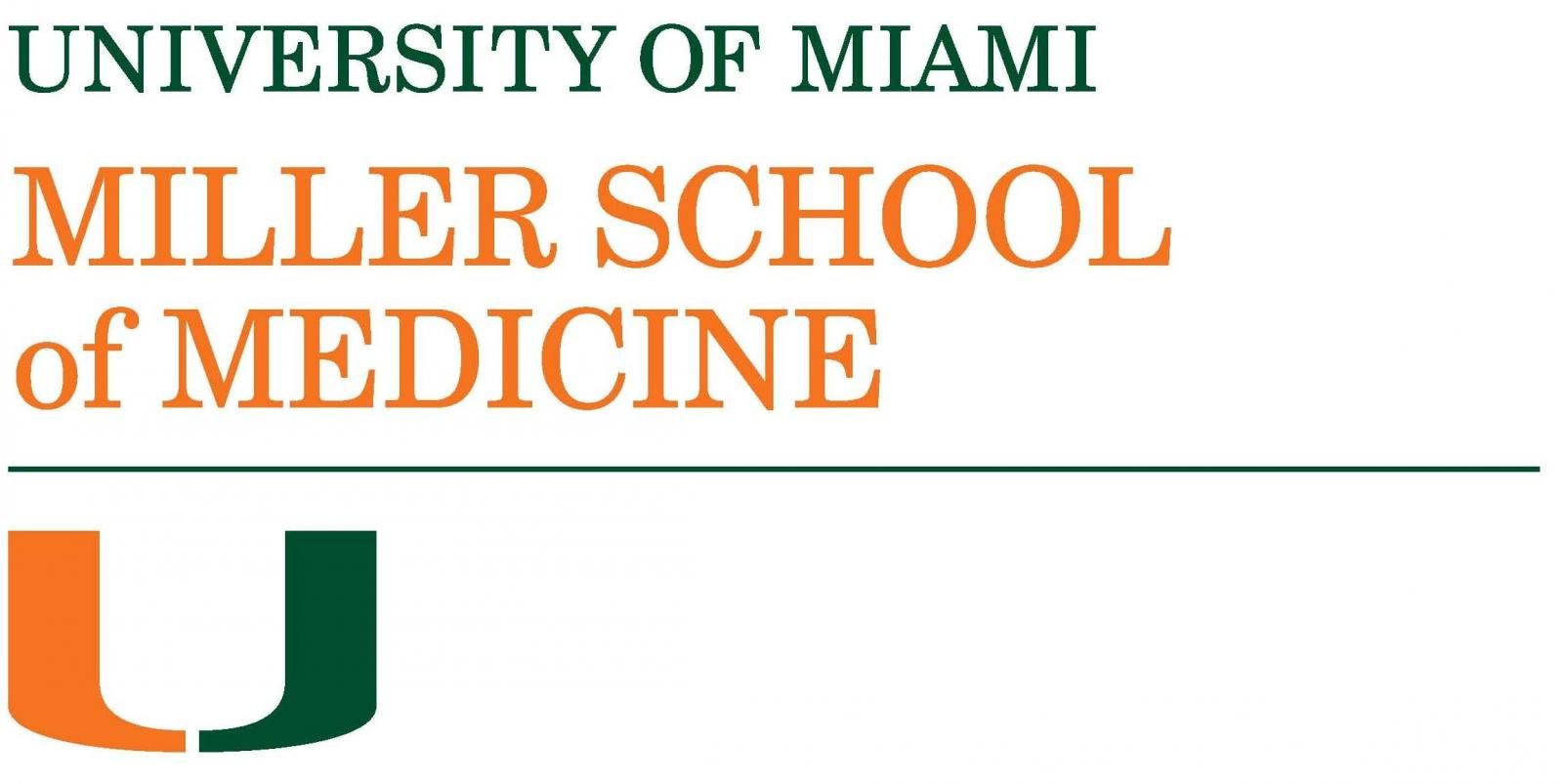
Neflamapimod Displays Robust Efficacy in Pure Lewy Body Dementia Pathology

The magnitude of neflamapimod’s effect on several efficacy measures proved to be consistent with the mechanism of action and prior preclinical data, with p-tau181 data suggesting a stronger effect on nonmixed Lewy body pathology.
Patients with baseline plasma phospho-tau 181 (p-tau181) less than 2.2 mg/mL—indicating the presence of nonmixed, pure Lewy body dementia (LBD) pathology—showed significantly greater efficacy outcomes when treated with neflamapimod (EIP Pharma) than those with higher levels, according to data from a phase 2 study. These findings support the notion that neflamapimod has potent and specific activity against basal forebrain cholinergic dysfunction, the underlying disease processes of DLB.1,2
The AscenD-LB trial (NCT04001417) was a phase 2, double-blind, proof-of-concept study that randomized patients 1:1 to either 40-mg neflamapimod capsules or matching placebo. Dosing regimen was based on weight, with participants weighing less than 80 kg receiving capsules twice-daily (BID) and those weighing greater than or equal to 80 kg received capsules thrice daily (TID). At baseline, 53% (22 of 41) of placebo and 54% (22 of 42) of the neflamapimod participants in the efficacy population had plasma p-tau181 less than 2.2 pg/mL, which predicts a lack of AD copathology.
The data, presented at the
READ MORE:
"The final results of the AscenD-LB study are extremely exciting for patients with DLB, caregivers and clinicians as we may be looking at the first DLB treatment that modifies the underlying disease",
Using a mixed model confined to patients with pure DLB, the magnitude of the treated population relative to placebo was substantial and clinically important. On cognition, investigators observed an effect size of 0.15 (P >.02) and 0.29 (P = .185) on Neuropsychological Test Battery (NTB) composite z-scores and Attention composite z-scores in all neflamapimod groups compared with placebo, respectively.
On Timed Up and Go Test, investigators observed effect sizes of 0.40 (P = .024) and 0.74 (P <.001) in the all neflamapimod and neflamapimod 40-mg TID groups vs placebo, respectively. Effect sizes were 0.58 (P = .0129) and 0.70 (P = .031) for those respective groups on Clinical Dementia Rating Scale.
Galvin added, "combined with the scientific studies that preceded the clinical study, the results suggest that neflamapimod has the potential to change the course of the disease and significantly improve function and quality of life in patients with DLB. In addition, AscenD-LB has also advanced the field by increasing our understanding of the disease and the tools we can use to measure drug treatment effects in clinical trials in dementia with Lewy bodies."
Neflamapimod remains the first treatment with potential impact on cognition, function, and motor function in patients with DLB.
For more coverage of CTAD 2021,
REFERENCES
1. Alam J, Gomperts SN, Lemstra AW, et al. Impact of Alzheimer disease related co-pathology on treatment effects of the oral p38a kinase inhibitor neflamapimod in mild-to moderate dementia with Lewy bodies (DLB). Presented at CTAD 2021; November 9-12. Poster LP14
2. EIP Pharma announces that final results of the AscenD-LB phase 2 clinical study demonstrates neflamapimod has disease-modifying potential in dementia with Lewy bodies. News release. EIP Pharma. November 10, 2021. Accessed November 18, 2021. https://www.biospace.com/article/releases/eip-pharma-announces-that-final-results-of-the-ascend-lb-phase-2-clinical-study-demonstrates-neflamapimod-has-disease-modifying-potential-in-dementia-with-lewy-bodies/
3. EIP Pharma announces positive phase 2 results for neflamapimod in mild-to-moderate dementia with Lewy bodies (DLB). News release. EIP Pharma. October 6, 2020. Accessed November 18, 2021. https://www.prnewswire.com/news-releases/eip-pharma-announces-positive-phase-2-results-for-neflamapimod-in-mild-to-moderate-dementia-with-lewy-bodies-dlb-301146415.html
Newsletter
Keep your finger on the pulse of neurology—subscribe to NeurologyLive for expert interviews, new data, and breakthrough treatment updates.










